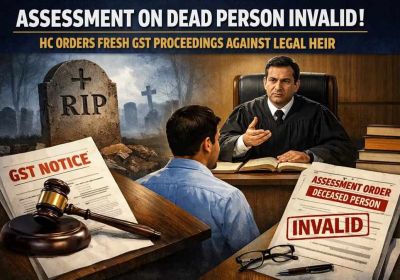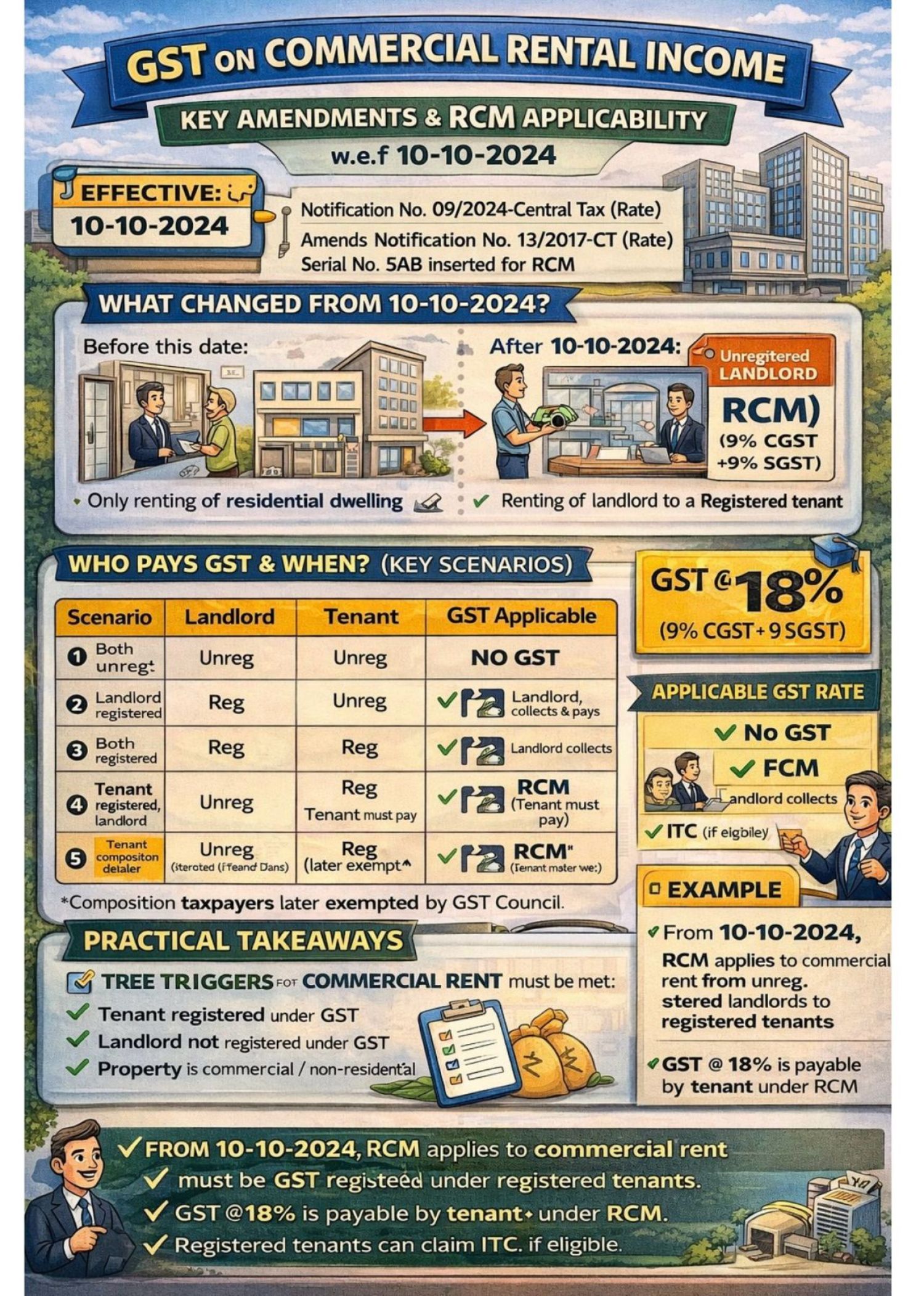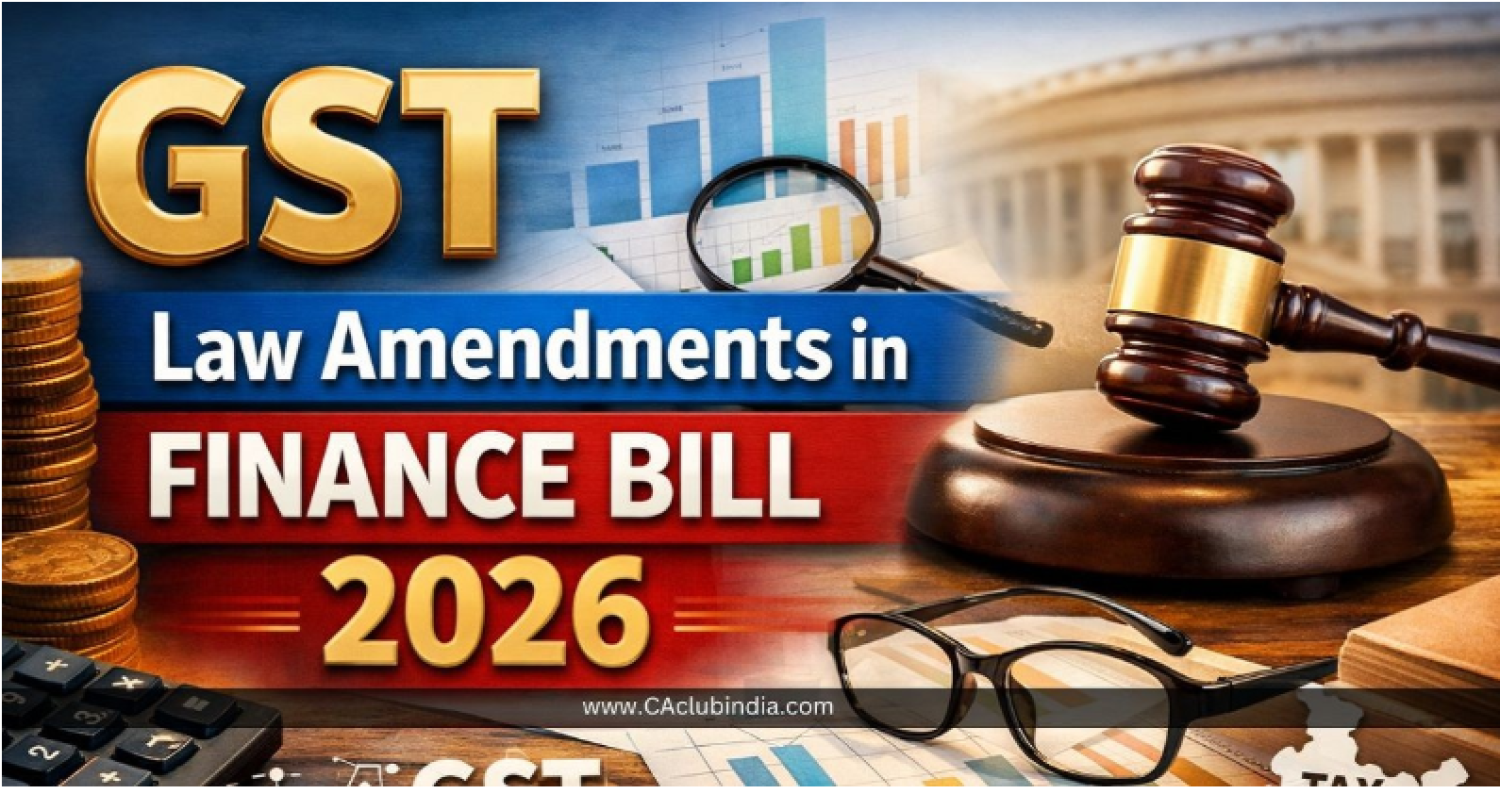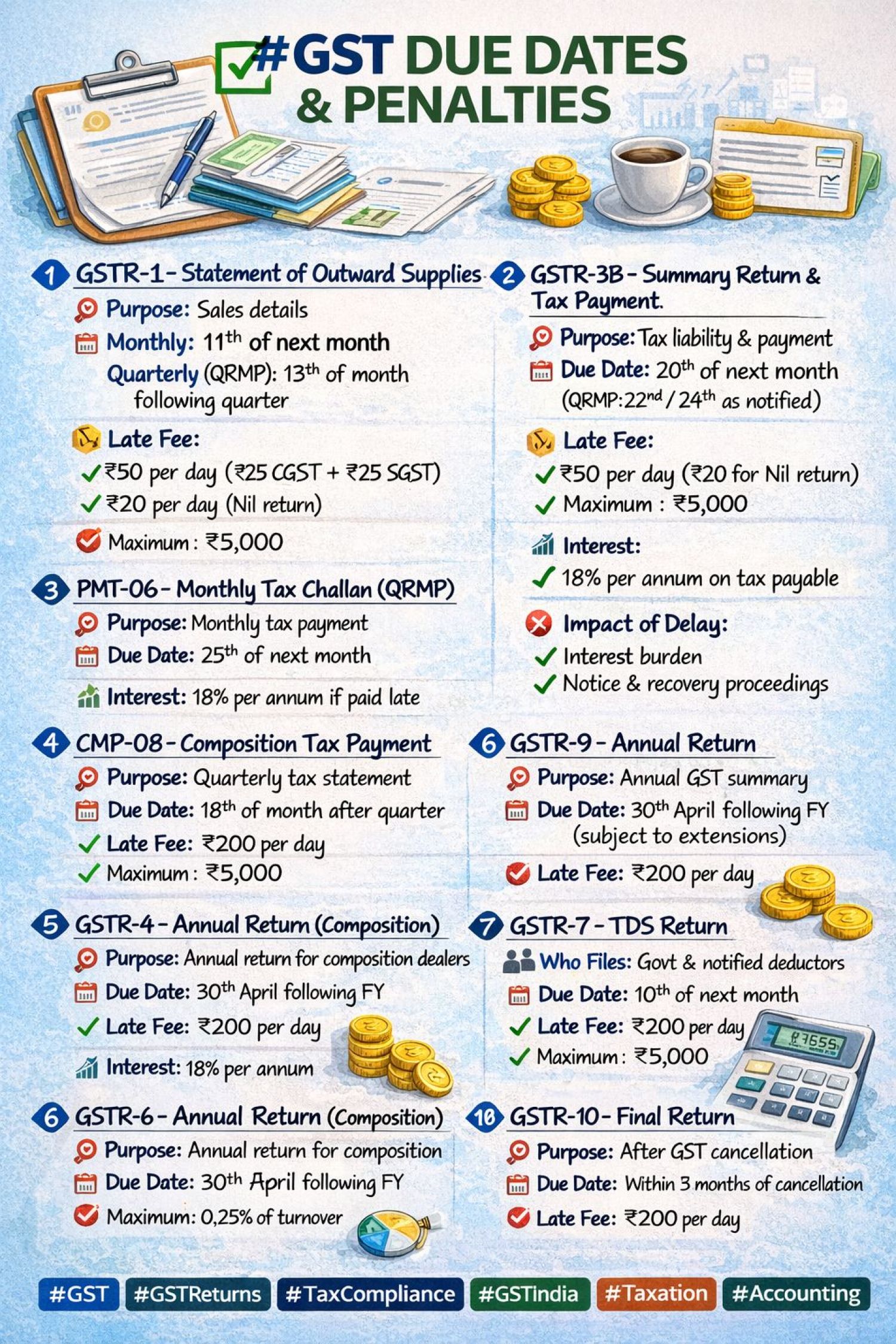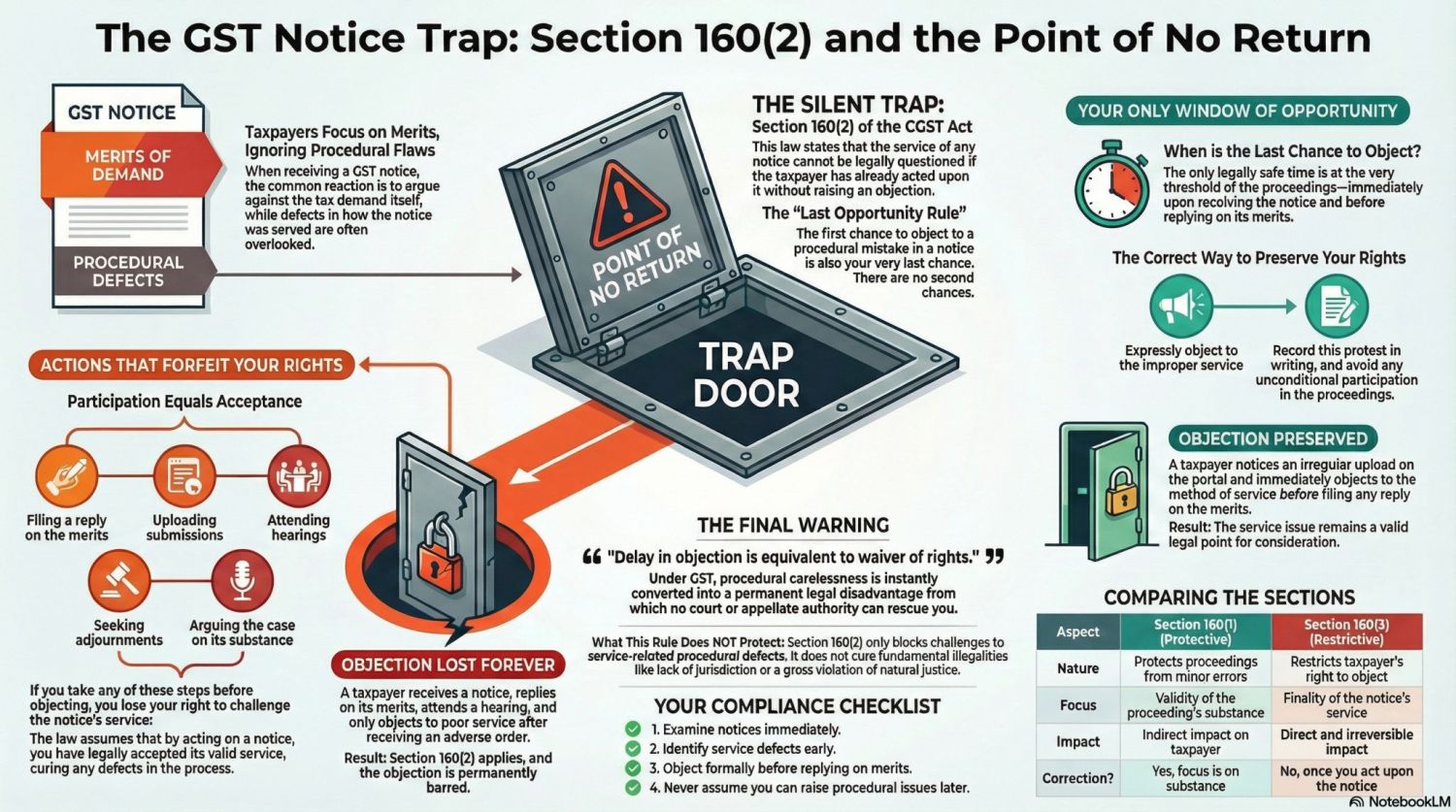Table of Contents
- Check Points Of Gst Annual Return And Gst Reconciliation Statement
- Objective Of This Blog On Gstr Annual Return
- 1. Audited Annual Financial Statements Vs Annual Return (gstr-9)- Reconciliation Statements
- 2 turnover Reconciliation
- 3. Input Tax Credit Reconciliation
- 4. Recognition Of Revenues, Taxes, And Other Items
- 5. Disclosures Of Related Parties Transations
- 6. Accounting Books Maintenance
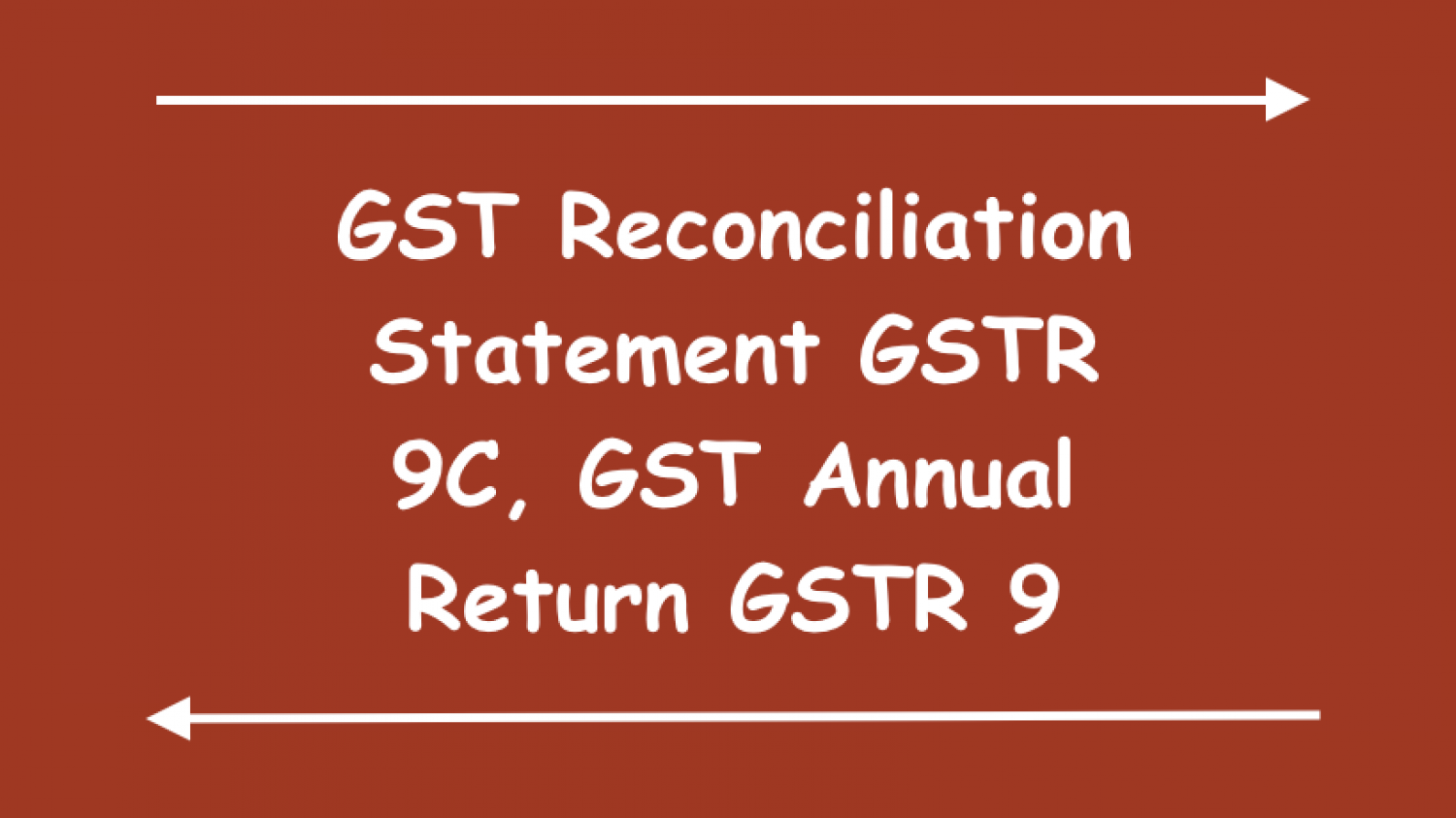
CHECK POINTS OF GST ANNUAL RETURN AND GST RECONCILIATION STATEMENT
Annual Returns and Reconciliation Statements are required by GST Laws. These must be filed for each Financial Year (April – March) by December 31st of the Next Year.
After the long ongoing effort to minimize the burden on small taxpayers. The govt Of India has abolished GST Audit and exempted GST-registered taxpayers with annual aggregate turnover up to Rs.2 crore from reporting Form GSTR-9 in FY 20-21.
OBJECTIVE OF THIS BLOG ON GSTR ANNUAL RETURN
The purpose of this blog is to cover GST Annual Return Preparations because certain details are required for filing the same:
- Purchase, sales, and ITC breakdown are all required.
- Annual Financial Statements vs. Annual Return (GSTR-9) Reconciliation Statements [Audited Annual Financial Statements vs. Annual Return (GSTR-9)]
- Input Tax Credit Reconciliation
- Revenue, Tax, and Other Items Reconciliation
- Disclosure of Related Parties
- Keeping the books of accounts up to date.
-
NEED FOR PURCHASES, SALES, AND ITC BREAKUP
The following split data of sales/purchases are required for the GST Annual return & GST audit:
• Inward supplies (other than those subject to reverse charge) - Input, Capital Goods, and Input services
• Importation of goods: inputs, capital goods, and services; ITC breakup: inputs, capital goods, and input services
• Inward supplies (liable to reverse charge) received from registered people - input, capital goods, and input services
• ITC under reverse charge - registered and unregistered persons and imports, HSN-by-HSN summary of inward supply
• Inward supplies (liable to reverse charge) obtained from unregistered people - input, capital goods, and input services
• A list of ineligible ITCs
1.2. SALES INFORMATION
• Unregistered persons (B2C), Registered Persons (B2B), and Zero-rated supply (Export) on payment of tax are all examples of outward supplies.
• Exempted, nil-rated, and non-GST outward supplies (on which no tax is due).
1.3. ADDITIONAL INFORMATION
• Deemed exports,
• SEZ supplies,
• Credit notes/debit notes issued in respect of B2B supply are among the other details necessary.
1. AUDITED ANNUAL FINANCIAL STATEMENTS VS ANNUAL RETURN (GSTR-9)- RECONCILIATION STATEMENTS
Typically, consolidated audited financial statements are prepared at the PAN India level. For reconciliation, however, a GSTIN-by-GSTIN breakup is necessary, i.e. the state in which the organization is registered.
As a result, it is recommended that the audited financial statement should be prepared starting at the GSTIN level in order to prepare such reconciliations (and for reporting in GSTR-9C too).
The following reconciliations should be performed to ensure that correct values are reported and that they are in agreement with one another:
• Values stated on invoices and those declared in books of accounts.
• The difference between the values declared in books of accounts and those declared in GSTR 3B
• Values stated in books of accounts versus GSTR 1 values.
• GSTR 3B declared values and GSTR 1 declared values
2 TURNOVER RECONCILIATION
The following are some of the significant distinctions that will aid in making such reconciliations between sale value as reported in books of accounts and value declared in GST returns:
• Even though an interstate stock transfer is not recorded as a sale transaction in the books of accounts, it is recognized as an outward supply under GST.
• Even though it is not a sale transaction in the books of accounts, recovery from employees is recognized as an outward supply under GST.
• In many circumstances, businesses charge GST on free samples/FREE supplies that are not recorded as sales in their books.
• Even though it is not a sale transaction in the books of accounts, any sum recovered from a seller as a penalty is recognized as an outward supply under GST.
RECONCILIATION OF TAX PAYMENTS
- GST rate-by-rate reporting of the tax due arising in FY 2020-21 as per the accounts and paid as reported in the GSTR-9, including the differences, is required.
- If an additional liability is discovered, the taxpayers must declare it as a result of not reconciled differences discovered during reconciliation.
3. INPUT TAX CREDIT RECONCILIATION
- There must be a reconciliation of the Input Tax Credit (ITC) claimed and used by taxpayers as stated in GSTR-9 and the Audited Financial Statement.
- It also necessitates the reporting of expenses incurred according to the Audited Accounts, including a breakup of eligible and ineligible ITC, as well as a reconciliation of the eligible ITC with the amount claimed on GSTR-9.
Following is a list of things that should be examined in relation to Input tax credit.
• ITC should be applied in accordance with invoices received from vendors, such as a bill of entry, a tax invoice, a debit note, a self-invoice, or an ISD invoice. The same should be true for the entries in the inbound supplies records.
• Inward supplies records should match the Monthly return, and reconciliations can be done on a regular basis (in case of variations).
• According to the GST law, Input tax credit should not be taken on prohibited ITC items.
• Tax receipts and payments should be reconciled, and tax adjustments should be set-off accurately with applicable journal entries.
• In the case of the sale of capital goods as defined by the GST statute, the ITC should be reversed.
• Input tax credit reversal for products sent for job work. The recipient of the supply must make payment for the inward supply within 180 days of the invoice date. Otherwise, ITC must be reversed.
• For re-credit, Input tax credit should be deducted from a recoverable account.
• According to GST rules, the supplier cannot combine the benefits of depreciation and input tax credit.
• The documents (tax invoice/ debit note) on which ITC is claimed must include the recipient's mandatory information, such as name, GSTIN, address, and all other required information.
• The Input tax credit should be reversed when the Credit Note is received.
• Input tax credit should be divided into four categories: eligible, ineligible, blocked, and common.
• In accordance with Rule 42 of the CGST Rules, the common credits should be reversed.
• Input tax credit reconciliation between GSTR 3B and GSTR 2A should be performed on a regular basis. Transitional Credit should be used in accordance with the legislation.
• Any transitional credit that is ineligible shall be reversed in accordance with the legislation.
If the scheme is changed from composition to Regular, the ITC should be reversed
4. RECOGNITION OF REVENUES, TAXES, AND OTHER ITEMS
4.1. SUPPLIES WITHOUT CONSIDERATION
According to Schedule 1 of the CGST Act, GST is levied on some transactions that are made without consideration, such as the sale of business assets, deliveries to related parties, and so on.
Transactions without consideration are not included in the financial statements under Ind AS-115* and are classified as non-balance sheet items/off balance sheet items, depending on the economic substance of the transactions.
*Ind AS 115, Revenue from Contracts with Customers, is an Indian accounting standard.
4.2. PRINCIPLES OF AGENT TRANSACTIONS
The agent's financial statements do not represent supplies made on behalf of the principal. The agent's revenue is only reported as commission. Such revenue would be regarded as part of the agent's revenue under the GST Law.
4.3. DISCOUNTS AFTER THE SALE
Customers who receive a post-sale discount in the form of a financial credit note are not subject to GST and their turnover is not decreased for GST purposes.
Such discounts are reported as discounts in the financial statements for accounting purposes.
4.4 GRANTS FROM THE GOVERNMENT
Governmental grants, according to accounting standards, are financial or in-kind support offered by the government to an entity in exchange for past or future compliance with specific requirements. Even though the actual amount of such benefits may be resolved and received after the end of the relevant accounting period, an appropriate amount in respect of such earned benefits, calculated on a sensible basis, is to be recorded to income for the year.
On the other hand, under the GST Laws, "the value of supply shall include subsidies directly related to the price, excluding subsidies granted by the Central Government and State Governments," as stated in Sec 15(2) (e) of the CGST Act.
As a result, governmental grants are not considered revenue for GST purposes.
4.5. GOODS SENT FOR JOB WORK
• To claim ITC on commodities (including capital goods) sent for job work, certain conditions must be met.
• The items shall be delivered to a job worker under the cover of a delivery challan by the principal.
• For the quarters in which goods were sent out for job work, the registered person must submit FORM ITC 04 to the IRS.
• If the registered person delivered the products directly from the job worker's place of business, the provisions in the proviso to section 143(1) of the GST Act must be met.
• If the job worker is unregistered and supplies any waste/scrap generated during the job work straight from his place of business, the registered person is responsible for paying GST on the supply (if applicable).
• Goods sent for job work must be returned within the time frames stated.
4.6 COLLECTIONS AND PAYMENTS OF GST
• GST law requires that tax be paid within a certain amount of time.
• Taxes should not be collected in excess of what is owed (sec 76 of the CGST Act).
• In terms of tax collection, the rules of Rule 35 of the CGST Rules should be observed.
4.7 REVERSE CHARGE
• Under Section 9(4) of the CGST Act 2017, reverse charge tax must be paid.
• Sections 9(3) and 9(5) of the CGST Act 2017 require the payment of reverse charge tax on notified supplies.
• If applicable, a reverse charge ITC should be obtained. The conditions for paying RCM tax should be met.
4.8 INWARD SUPPLY
• The purchase invoices and delivery challans must match the purchase register.
• For inward supplies, the HSN classification should be valid. Monthly returns should be shown in inward supply.
• Reconciliation of inward supply invoices for which no corresponding entries exist in inward supply records or the GST return.
• Incoming supplies should be divided into intra-State, inter-State, imports, and so on.
5. DISCLOSURES OF RELATED PARTIES TRANSATIONS
- AS 18 Related Party Disclosures/Ind AS 24 Related Party Disclosures as defined by the GST valuation rule may not be the same thing.
- It can be ensured, however, that the entity conducts transactions with related parties in accordance with valuation rule 28 for GST purposes, and that the valuation and GST calculation are carried out in accordance with the required regulations.
6. ACCOUNTING BOOKS MAINTENANCE
• Books of accounts must be kept in accordance with section 35 of the GST Laws, as well as regulations 56, 57, and 58.
• Account books must be kept at each location of business.
• Copies of contracts/agent agreements, as well as other supporting documentation, should be on hand.
• There should be audited financial statements for each registrant.
• The transporter/warehouse keeper must keep accurate books of accounts in accordance with the legislation.
• The Register e-way bill/delivery challan should be kept as a legal requirement.
• GST law requires that the ITC-01, ITC-02, ITC-02A, ITC-03, and ITC-04 registers be kept.
• The provider should keep a cash/bank register to keep track of transactions by entity.


